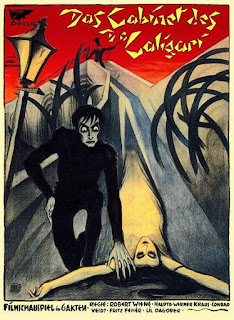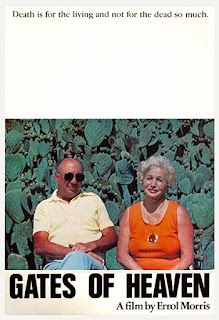Le Charme Discret de la Bourgeoisie (1972)

Sociology is a subject that has always fascinated me, and, had I not been bitten by the Legend of Zelda bug as a child, I would certainly be in that line of work today. I often read about the topic, however, which, other than leading to bizarre conversations with friends deep into the night over a bottle of wine, has the side effect of triggering epiphanies for me in the most unexpected of places. For instance, a couple of months ago, my wife and I went for lunch to a small ramen shop near where we live, being sat next to a young married couple and their 5- or 6-years-old son, whom, we'd overheard, they had brought along for his first "official" taste of the dish. As we ate, we couldn't help paying attention to a particular advice they gave him about how to properly enjoy his food: "You must always make noise while slurping ramen," they said, "because the louder you are, the tastier it will be, and the happier the cook will become". My wif


